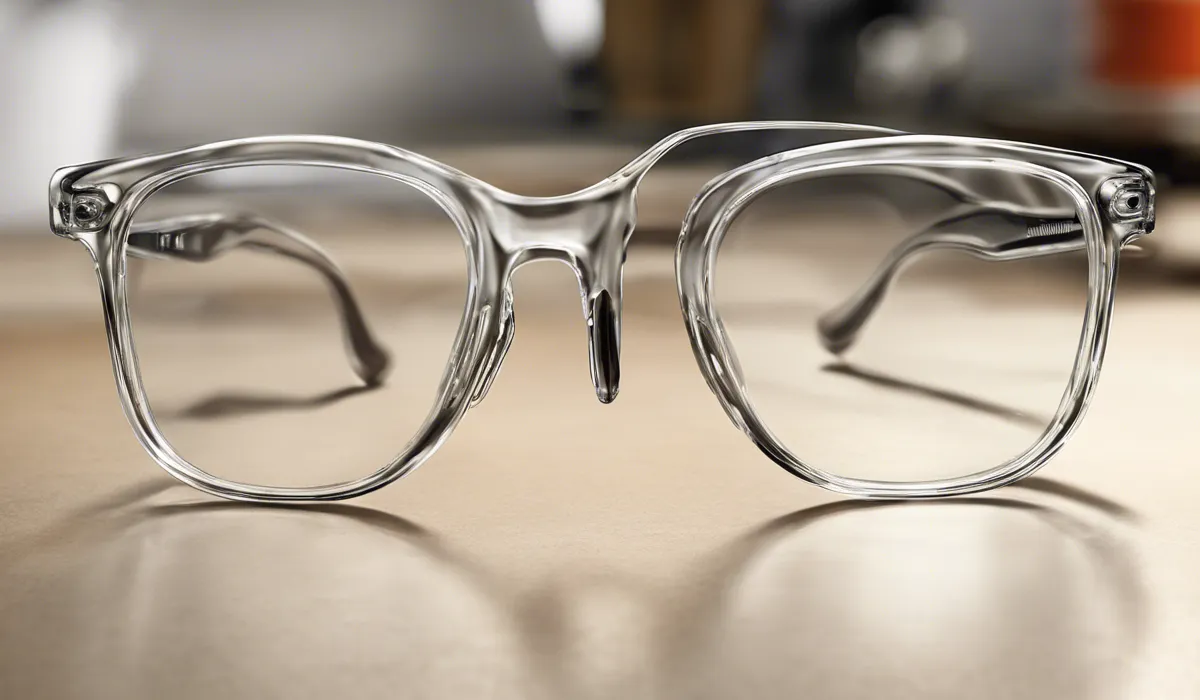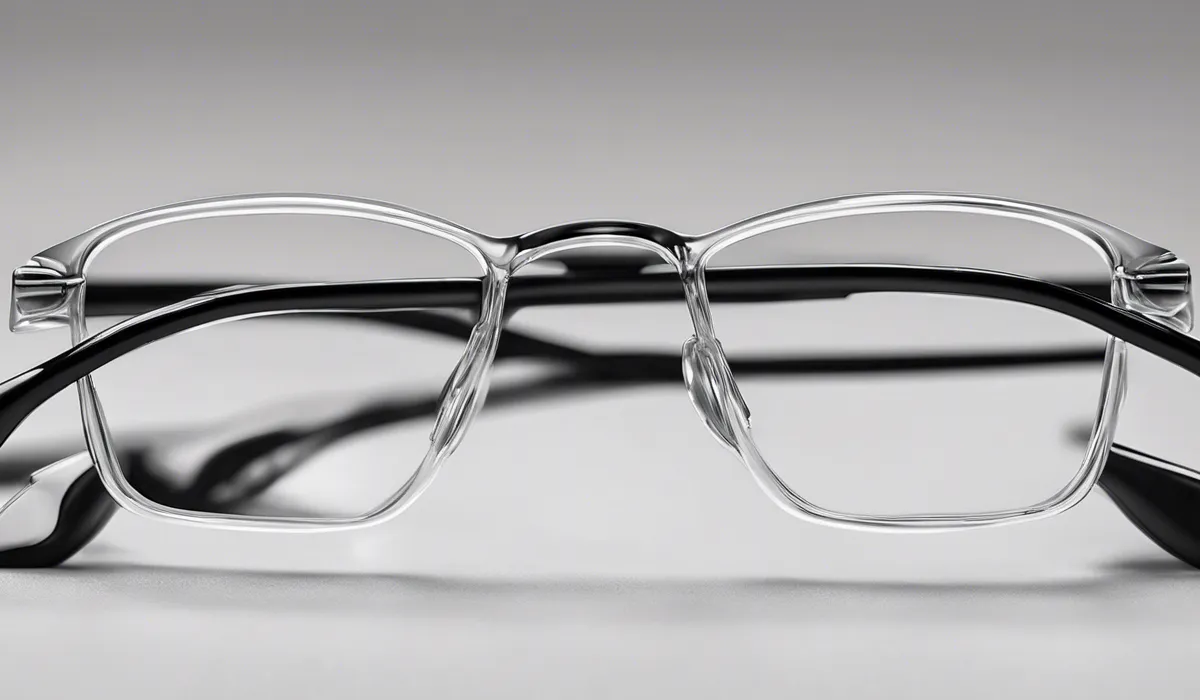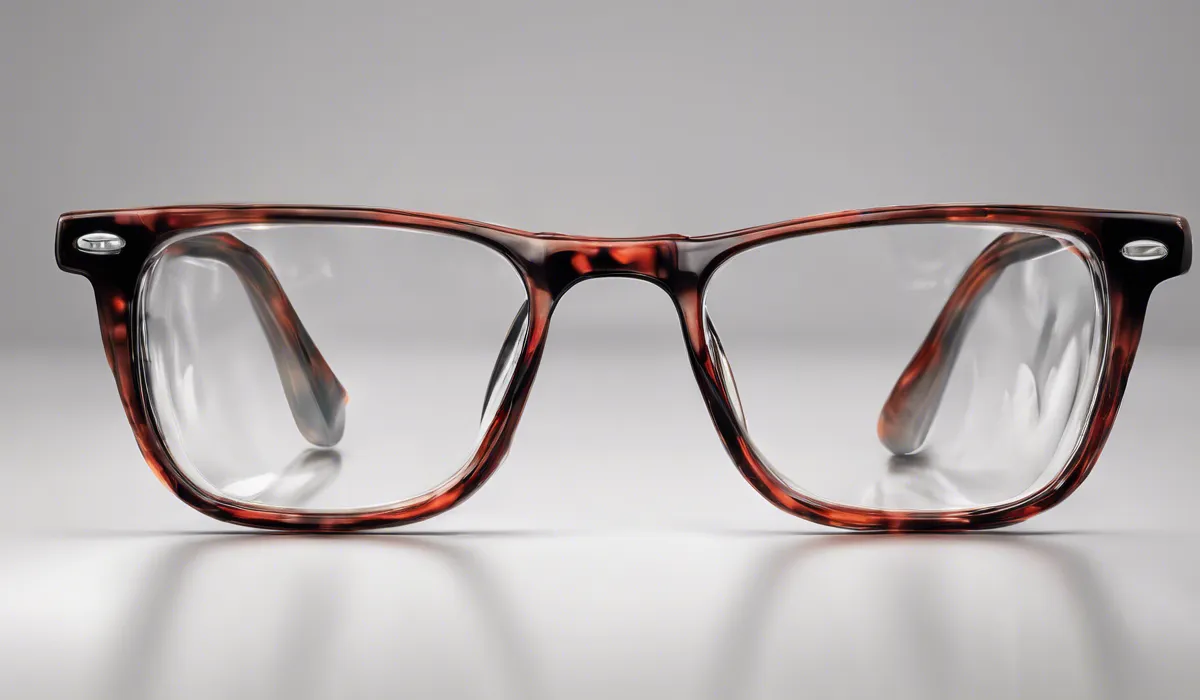Are Glasses Dishwasher Safe? Truth for Your Specs
Not all glasses are dishwasher safe. Check the manufacturer’s label for guidance. Glassware with delicate designs or hand-painted decorations should be hand-washed. Crystal and insulated glasses are also prone to damage in dishwashers. Use a gentle cycle and avoid high heat for safer cleaning.
Assessing Material and Coating

Common Materials Used in Glassware
Glasses come in a variety of materials, each with unique properties. The most common materials include soda-lime glass, borosilicate glass, and crystal.
Soda-lime glass is widely used for everyday drinkware, while borosilicate glass is valued for its durability and resistance to thermal shock. Crystal, known for its clarity and sparkle, is often reserved for more formal occasions.
Dishwasher Detergent Impact on Materials
Dishwasher detergents are designed to be tough on food residue but can be harsh on glassware.
They may contain abrasive substances that can dull the surface of softer glass types over time. Some materials, like crystal, can become cloudy or pitted after repeated exposure to harsh detergents and high temperatures.
Importance of Coatings and Treatments
Many glasses feature coatings or treatments to enhance their performance and appearance, such as anti-glare or anti-scratch coatings.
These specialized layers can be sensitive to high temperatures and strong detergents found in dishwashers, which may degrade the coatings over time. It is crucial to consider the presence of these treatments when determining dishwasher safety.
Adhering to Manufacturer’s Dishwasher Safety Guidelines
Manufacturers often provide specific guidelines on whether their glass products are dishwasher safe. Always check the label or the product’s documentation before placing glasses in the dishwasher.
When in doubt, err on the side of caution and hand wash your glasses to ensure their longevity and maintain their special coatings.
Dishwasher Settings and Precautions

Loading Glasses in the Dishwasher
When loading glasses into the dishwasher, place them securely between the prongs to prevent movement and possible collisions. Ensure that glasses are not touching each other or other items to avoid chipping or cracking during the wash cycle.
Choosing the Right Dishwasher Cycle
Select a gentle dishwasher cycle with a lower temperature setting for glassware. Some dishwashers offer a specific ‘glass’ or ‘delicate’ cycle. These settings minimize the risk of damage to fragile items and are preferable for cleaning your glasses safely.
Appropriate Dishwasher Detergents for Glassware
Choose a mild, non-abrasive dishwasher detergent formulated for delicate items. These detergents are less likely to etch or cloud glass over time. Additionally, ensure the rinse aid compartment is filled to help prevent spots and promote drying without streaks.
Risks from Other Items in the Dishwasher
Be mindful of other items in the dishwasher. Hard items like pots and pans can knock against glasses, causing breakage. Place heavier items on the bottom rack and lighter, delicate items, like glasses, on the top rack.
Handwashing vs. Dishwasher for Glassware Safety
Handwashing is often the safest method for cleaning glasses, especially for those with delicate designs or hand-painted decorations.
It allows for a gentler cleaning process and more control over the temperature and handling of each glass. Consider handwashing as the best way to preserve the quality of your glasses.
Long-Term Care and Maintenance

Effects of Dishwasher Cleaning on Glass Lifespan
Regularly cleaning glasses in the dishwasher can eventually take a toll on their lifespan.
The cumulative effect of heat and harsh chemicals can lead to a dull finish, and the mechanical action can cause wear and tear. Over time, this can result in the need to replace your glassware more frequently.
Maintaining Quality and Clarity
To maintain the quality and clarity of your glasses, use soft cloths and mild detergents when handwashing. Dry them with a lint-free towel or allow them to air dry on a rack. Avoid using abrasive sponges or scouring pads that can scratch the surface.
Regular Care and Inspection Recommendations
Inspect your glasses regularly for any signs of damage such as chips or cracks. Damaged glasses should be retired from use as they can break easily and cause injury.
Also, check for any cloudiness or residue buildup that can be addressed with a vinegar soak or a specialized cleaning agent.
Alternatives to Dishwasher Cleaning
For those who want to avoid the dishwasher altogether, consider soaking glasses in a basin of warm water with a bit of mild detergent.
Use a soft brush or cloth to gently clean the glasses, then rinse thoroughly with warm water. This method is particularly suitable for preserving delicate glassware and coatings.
FAQs About Dishwasher Safe Glasses
How can I tell if my glasses are dishwasher safe?
Check the manufacturer’s label or documentation for guidance on whether your glasses are dishwasher safe.
Can I put hand-painted or delicately designed glassware in the dishwasher?
No, glassware with delicate designs or hand-painted decorations should be hand-washed to avoid damage.
Are crystal glasses safe to clean in the dishwasher?
Crystal glasses are prone to damage in dishwashers and should generally be hand-washed.
Can I wash insulated glasses in the dishwasher?
Insulated glasses can be damaged in dishwashers, so it’s recommended to hand-wash them instead.
What dishwasher settings are safest for washing glasses?
For glasses that are dishwasher safe, use a gentle cycle and avoid high heat to reduce the risk of damage.
Final Thoughts
Not every glass is suitable for the dishwasher. It’s essential to consult the manufacturer’s label for specific cleaning instructions. Glassware with delicate details or hand-painted accents must be washed by hand.
Crystal and insulated glasses are particularly susceptible to dishwasher damage. If using a dishwasher, opt for a gentle cycle and steer clear of high temperatures to minimize the risk.





